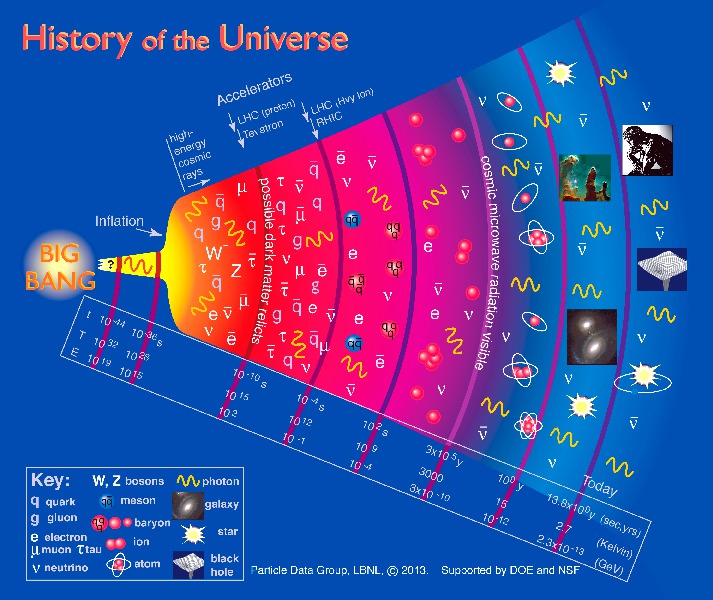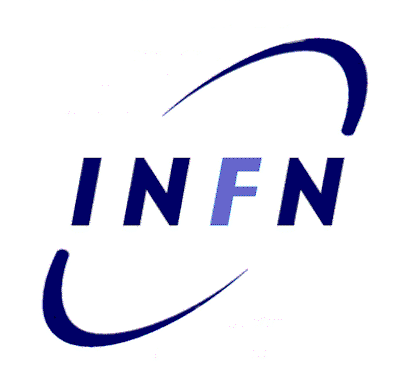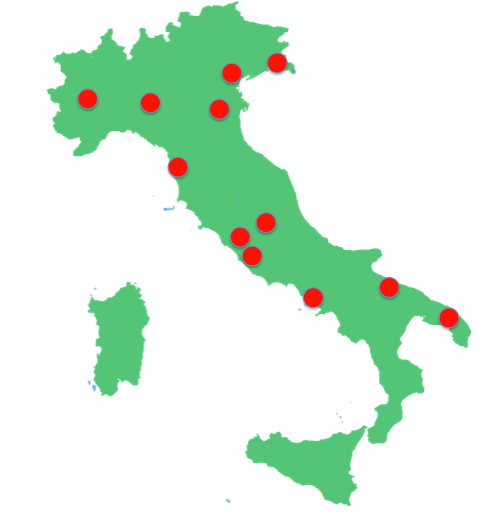Abstract
The Theoretical Astroparticle Physics (TAsP) research network is being proposed by a well-established scientific community formed by 12 INFN nodes, with a strong tradition of common scientific interests, research programs and integrated activities in the field of astroparticle physics. The goal of TAsP is to undertake a vast and diversified research program at the crossroad of particle physics, astrophysics and cosmology, where deeper levels of theoretical understanding are clearly demanded by a number of phenomena, including neutrino masses and mixings, the puzzles of dark matter and dark energy, the observed baryon asymmetry of the universe, as well as the origin and spectra of high-energy cosmic rays and gamma rays. In this rapidly evolving field, there is a widely recognized need for a deeper exchange of knowledge and ideas, for a better management of the research activity, and for a more effective participation of young researchers and students, aiming at the highest levels of education and training. The above considerations justify the attempt to strengthen the collaboration among research nodes which have already been successfully engaged for several years in this branch of physics, so as to increase their scientific potential within a common and well formulated project, from the viewpoint of both research tasks and integration activities. The main planned research activities can be roughly structured in five subfields (with strong interconnections): (1) Neutrino Physics; (2) Dark Matter; (3) Astrophysical Sources of Radiation; (4) Cosmology; (5) Interplay with Particle Physics. Each node of TAsP has specific competences and technical expertise in at least one (and often several) of these subfields, and will contribute - in collaboration with other nodes - to improve the current state-of-the-art in the fields of interest. The research program will be paralleled by networking and integration activities, including: exchange visits; cotutoring of students; organization of common scientific events (workshops, schools, seminars); outreach.

|


